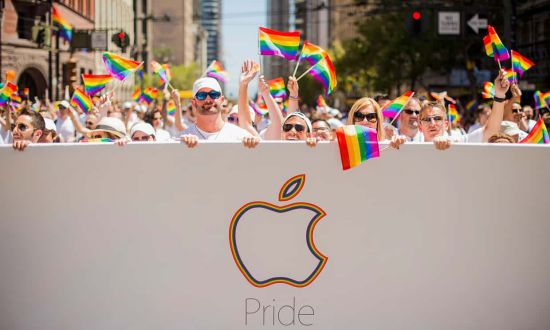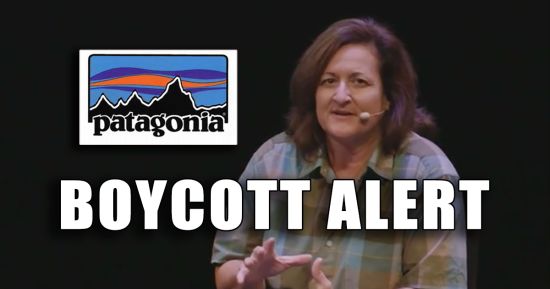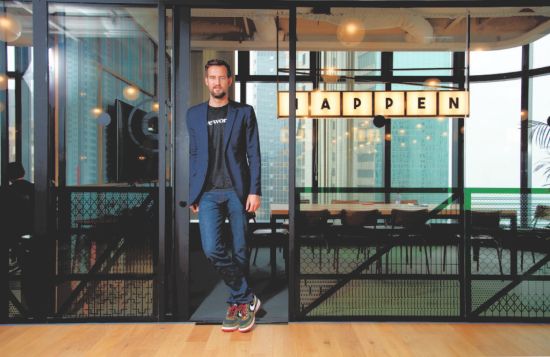
Why Thought Leadership is More Than a Buzzword

When I say the terms ‘brand purpose’ or ‘thought leadership’ eyes roll. Fair enough. We’ve seen some pretty questionable attempts of businesses working to insert themselves into social issues recently.
Take for example, Pepsi’s stunt with Kendall Jenner, in which a can is suggested to peacefully end a protest. Or Heineken, who did a similarly questionable move when it suggested drinking beer could ease social tension with its #openyourworld campaign. It’s got so bad in San Francisco, the LGBTQ community have started to ditch pride, saying it’s 'dominated by the presence of corporations'.

We’re facing a global crisis of trust, and big business knows it. The 2017 Edelman Trust Barometer confirms that the general population’s trust in business, government, NGOs and the media has declined. It says: 'the majority of respondents no longer believe the overall system is working for them'.
In this new climate, audience expectations have radically changed. Millennials - of which I am a part - want to know the brands we support practice business ethically, and contribute to a better world. A recent Weber Shandwick report confirms that 77% of Americans believe CEOs need to speak out in defence of their companies’ values.
For those of us working in PR, this new landscape calls for new tools. But the answer isn’t smoke and mirrors; it’s quite the opposite. It demands ditching the corporate, faceless tactics of yesterday, and meeting this call for authenticity head on. This involves examining your brand’s driving vision, and mapping the steps you as a leader take towards this.

Patagonia’s CEO Rose Marcario is often pointed to as an example of someone who gets it right. That’s because, more than one-off stunts, she actively takes a stand on political and social issues. Speaking to Fast Company she says: “This isn’t the time to be lazy, to be reserved, to be complicit, or to be quiet…. We’re living in a time when it’s so important for business to drive this new economy, and this aspirational future of business as a force for good.” And her conviction has led the company to go as far as suing the President of the United States.
Earlier this year, Miguel McKelvey, chief culture officer at WeWork took a strong stance in support of vegetarianism. This led the New York Times to report that 'WeWork is no longer a safe space for carnivores'. Not 100% accurate, but it did do a lot to boost support for the cause. As stated by McKelvey himself: “New research indicates that avoiding meat is one of the biggest things an individual can do to reduce their personal environmental impact - even more than switching to a hybrid car. WeWork could save over 15 million animals by 2023 by eliminating meat at our events.

Today, people are hungry for business leaders to take a stand on the issues they care about. And to provide new solutions to (the many) pressing problems of our time. For those with a fire in their belly, the time is ripe to share their views and reinvent the way business is done. For others, it demands going back to the boardroom and examining what drives them at the core.










